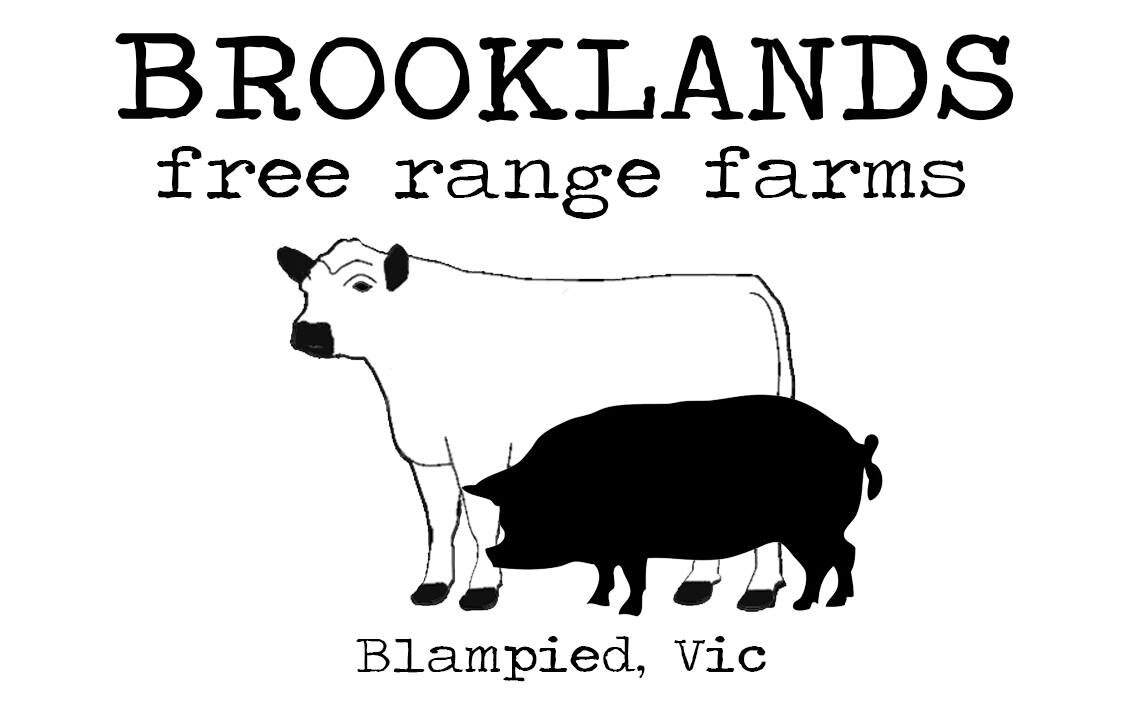Regenerative Agriculture
Regenerative agriculture is the connection between soil health, plant health, animal health and human health.
There’s nothing new about regenerative agriculture, in fact, it’s looking back to how our ancestors farmed well before the introduction of chemicals and processed foods became the norm to sit on supermarket shelves for months on end.
It’s also looking at ways indigenous farmers cared for the land and used the holistic approach of regenerating what was taken so as not to deplete the soils, and most importantly replacing what was taken through careful natural management and not through artificial fertilisers, fungicides or pesticides.
It’s creating a diversity that works in synergy with each other, with this diversity starting in the microbial world of soils. We need to harness and nurture this soil world, which still we don’t know much about and every day we learn more. As Gabe Brown quotes “We can improve soil health much faster than we used to think. Just a matter of following the principles of nature.”
After completing many courses, workshops and read many books we have taken pieces of what we have learnt to suit our farming model.
With the cattle, we have two herds, the breeding cows and the weanlings to 2-year-olds. Both are on a planned rotational grazing system with all year round standing pasture. This system has encouraged the return of Australian native pastures throughout the farm and even seeing chocolate lilies and sundews.
Some of our heavily compacted areas we have repaired through multi-species cover crops and home-made worm cast fertiliser which have helped repair soils and bring back biodiversity. Once the soils are friable, we can look at replacing them with multi-species perennials.
Our Berkshire Pigs are natural foragers, they graze, weed and fertilise then we follow through drill seeding up to 15 seasonal plant varieties to add biodiversity to the soils and the pigs’ diets. It’s a whole rotational system that feeds & covers the soils all year rounds.
Our small flock of Finn sheep are rotated around the farm in laneways, gullies, shelterbelt, cleaning up specific areas for fire breaks and companion grazing acting like our weed controllers and lawnmowers whilst giving us the opportunity to help save this endangered rare breed in Australia.
By not using only natural farming techniques we have an abundance of pollinators and when in flower the fields biodiversity attracts so much life, with beneficial insects outweighing the non-beneficial ones.
Everything at Brooklands has a job to do from the birds to the snakes, to the cattle & pigs, to the worms and fungi and the sun and rain - everything that nature provides is harnessed.

